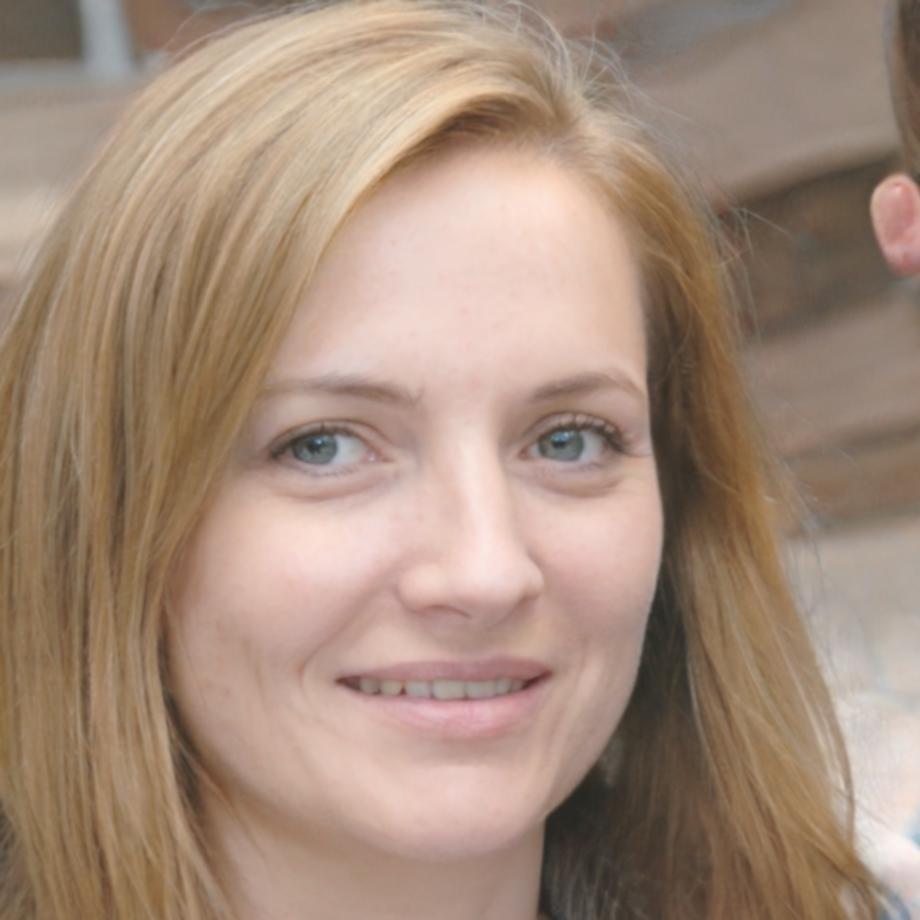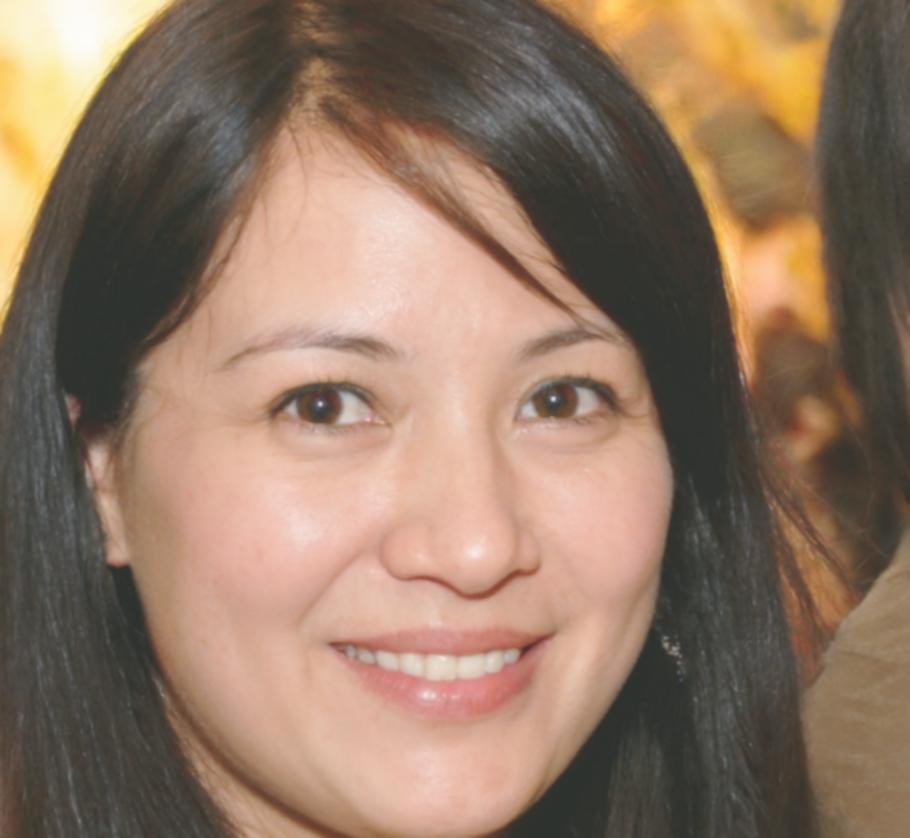Building Financial Confidence Through Education
We believe that solid financial skills start with understanding where your money goes. Our approach focuses on practical budget categorization techniques that actually work in real life.
What Drives Everything We Do
These aren't just nice words on a wall. They're the principles that shape how we create content, support students, and approach financial education every single day.
Real-World Application
We don't teach budget theory that falls apart when you try to buy groceries. Every categorization system we develop gets tested by actual people managing actual expenses. If it doesn't work for someone juggling rent, car payments, and surprise vet bills, we go back to the drawing board.
Individual Flexibility
Your financial situation isn't identical to your neighbor's, so why should your budget categories be? We help people create systems that bend and adapt to their unique circumstances - whether that's irregular income, family obligations, or personal priorities that don't fit standard templates.
Long-Term Sustainability
Quick fixes don't build lasting habits. We focus on helping people develop categorization approaches they can maintain for years, not just through their next paycheck. It's about creating systems that evolve with life changes rather than breaking under pressure.
Practical Skills for Financial Peace of Mind
Since 2018, we've been working with Australians to develop budget categorization skills that actually stick. We started because existing financial education felt disconnected from the messy reality of managing money day-to-day. Too much theory, not enough practical application.
How We Think About Financial Education
Our teaching philosophy emerged from seeing too many people struggle with budget systems that looked perfect on paper but crumbled in practice. We've built our approach around principles that honor both the complexity of personal finance and the need for practical, actionable solutions.
-
1
Start Where People Actually Are
We don't assume everyone starts with the same financial knowledge or circumstances. Some students come to us already tracking expenses, others haven't looked at their bank balance in months. Both deserve education that meets them where they are.
-
2
Test Everything in Real Conditions
Before we teach any categorization method, we test it with people living real lives - shift workers, parents, small business owners, students. If it only works in ideal conditions, it doesn't make it into our curriculum.
-
3
Build Skills That Transfer
We're not trying to create people who follow our specific system forever. We want to develop the underlying skills and judgment that help someone adapt their budget categories as their life changes and grows.

